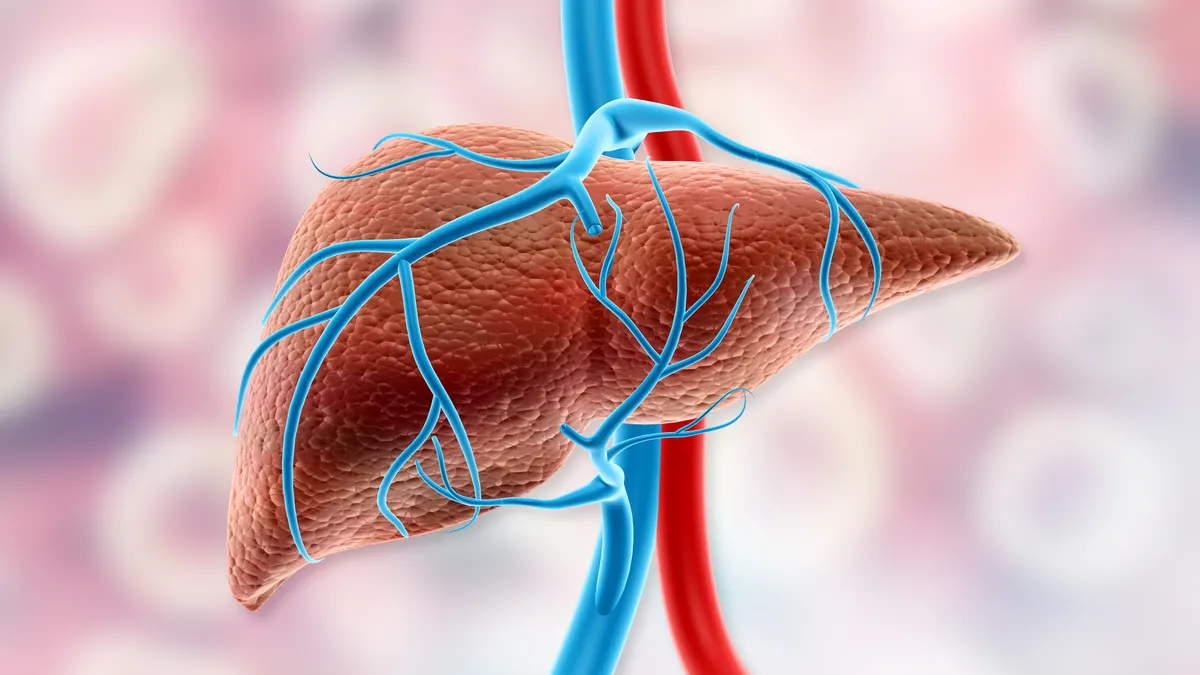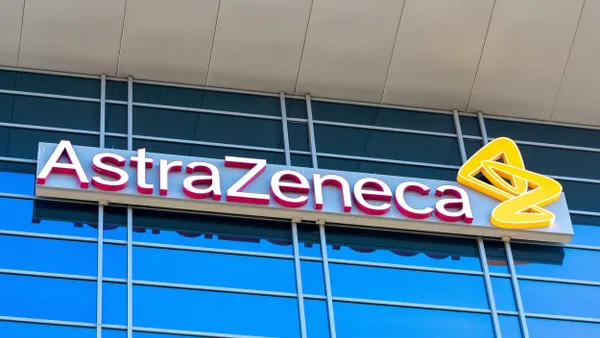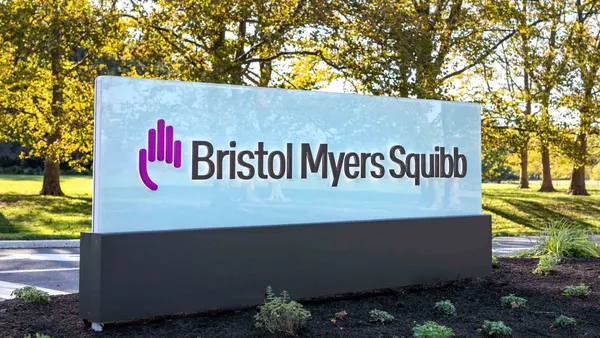Roche on Thursday agreed to acquire 89bio, wagering that a medicine the biotechnology company is developing could offer a new way to treat a common liver condition.
The Swiss pharmaceutical giant will pay $14.50 per share for 89bio, representing a 79% premium to the company’s closing price Wednesday. Roche could add up to another $6 per share via so-called contingent value rights if 89bio’s top drug, known as pegozafermin, is approved and eventually hits certain yearly sales targets. The deal values 89bio at $2.4 billion, but that figure would climb to $3.5 billion if Roche makes those additional payouts.
The acquisition puts Roche in a competition to develop a new type of drug for people with metabolic dysfunction-associated steatohepatitis, or MASH, a condition characterized by a buildup of liver fat that causes progressive inflammation and scarring. In recent years, the disease has become one of the leading causes of liver transplants.
MASH is estimated to affect millions of people in the U.S., which over the years has made it a top target among drugmakers. But multiple promising projects failed or were rejected by regulators before the first medicine, a drug from Madrigal Pharmaceuticals called Rezdiffra, was approved last year.
Fast sales of Rezdiffa have answered some questions about the demand for MASH medicines. The clearance of Novo Nordisk’s Wegovy for MASH, last month, was also seen as a sign by Wall Street analysts that the Food and Drug Administration remains open to granting “accelerated” approvals for the drugs coming next.
Those factors have shined a spotlight on companies like 89bio, which boasts a different type of MASH medicine in late-stage testing. Pegozafermin is a variant of a hormone, “FGF21,” and is designed to cut liver fat and inflammation while potentially reversing the dangerous buildup of scar tissue that can accumulate in people with MASH. Akero Therapeutics has a similar drug in advanced testing, as does GSK, following an acquisition in May.
Study data have been mixed. Akero and 89bio’s drugs have shown the potential to reverse liver scarring, while Novo stopped developing an FGF21 medication in August following lackluster results. Some analysts have rallied to the companies’ defense since. Leerink Partners’ Thomas Smith, in August, wrote that Novo’s decision showed “not all FGF21 analogs are created equal” and was evidence of “positive differentiation” for other drugs, among them 89bio’s.
Roche is gambling on that outcome. Pegozafermin is currently in a pair of Phase 3 trials in patients with moderate-to-severe fibrosis or who are cirrhotic. Results are expected in 2027 and 2028. In a statement, the company noted pegozafermin’s “distinct mechanism of action,” as well as its potential to be administered alongside the incretin medicines Roche is developing for obesity. The drug “could potentially offer best-in-disease efficacy for all moderate to severe MASH patients,” said Roche CEO Thomas Schinecker, in a statement.
89bio’s drug is “a promising asset that has a fair shot at approvals” in MASH, though “market utilization potential is still TBD,” wrote RBC Capital Markets analyst Brian Abrahams.
Abrahams predicts $2.1 billion in peak annual sales for pegozafermin, which would fall short of the $3 billion and $4 billion yearly targets that would trigger additional acquisition payouts to shareholders.














